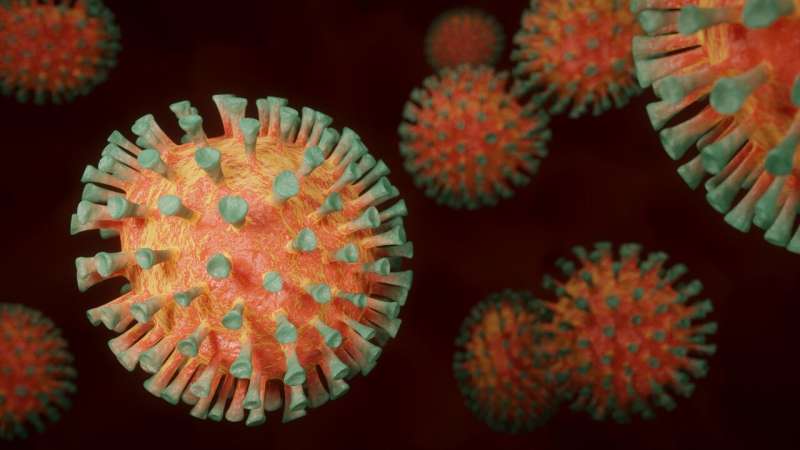Funding Cuts Threaten Cholera Control Efforts Across Africa

Funding reductions are undermining efforts to combat cholera in Africa, risking increased cases and deaths amid declining international support and infrastructure challenges.
Africa is currently facing a significant public health challenge as funding reductions are severely impacting efforts to control and prevent cholera outbreaks. According to the continent's primary health advisory body, the ability of many African nations to manage cholera and other infectious diseases is being compromised due to a sharp decline in financial support. Between 2021 and 2025, international aid aimed at improving health outcomes in developing countries has decreased by approximately 70%, dropping from about $81 billion to nearly $25 billion. More recently, with decisions by the U.S. government to curtail funding, these figures have fallen even further.
Cholera remains a major concern, accounting for the majority of the over 158,000 suspected cases and thousands of deaths reported this year. It is one of the top five outbreaks affecting Africa, a continent also battling mpox, measles, dengue, and Lassa fever. Despite being a bacterial disease that can often be effectively treated with prompt rehydration therapy, cholera disproportionately impacts children and vulnerable populations, especially in regions with low vaccination rates and poor sanitation.
Africa currently has three projects underway to produce oral cholera vaccines domestically, but these initiatives require an estimated $150 million in funding and security from participating governments. The most affected countries include Angola, Congo, Sudan, and South Sudan, highlighting the ongoing issue of cross-border transmission linked to inadequate sanitation infrastructure. Alarmingly, between 57% and 90% of schools in these regions lack proper handwashing facilities, heightening the risk of disease spread, especially amid conflicts that cause displacement and increase population movement.
Experts emphasize that strengthening sanitation infrastructure and increasing vaccination coverage are crucial to controlling cholera, but the drastic reduction in international aid poses a serious barrier to these efforts. Continued underinvestment jeopardizes previous progress and threatens to exacerbate the suffering caused by preventable infectious diseases across Africa.
Source: https://medicalxpress.com/news/2025-06-africa-halt-cholera-cases-funding.html
Stay Updated with Mia's Feed
Get the latest health & wellness insights delivered straight to your inbox.
Related Articles
Understanding How SARS-CoV-2 Continues to Evolve: Insights from Long-Term Lab Research
Recent long-term studies reveal SARS-CoV-2's remarkable ability to mutate, with recurring changes that can predict future variants and inform vaccine development.
Critical Role of a Nine-Amino Acid Microexon in Neuronal Memory Function in Mice
Research reveals a tiny nine-amino acid microexon in neurons crucial for memory formation in mice. Its regulation impacts synaptic connections and cognitive function, offering potential insights into neurodevelopmental disorders.
The Future of Assisted Dying: Ethical, Practical, and Medical Perspectives
Legislative developments in England and Wales push forward the conversation on assisted dying, exploring ethical, clinical, and societal implications of end-of-life choices.



